The Next Multi-billion Wave?
By Yuan Yanan,Luo Shirong
As businesses flock to the sleep-health industry,the key to market success remains the practical effect of products
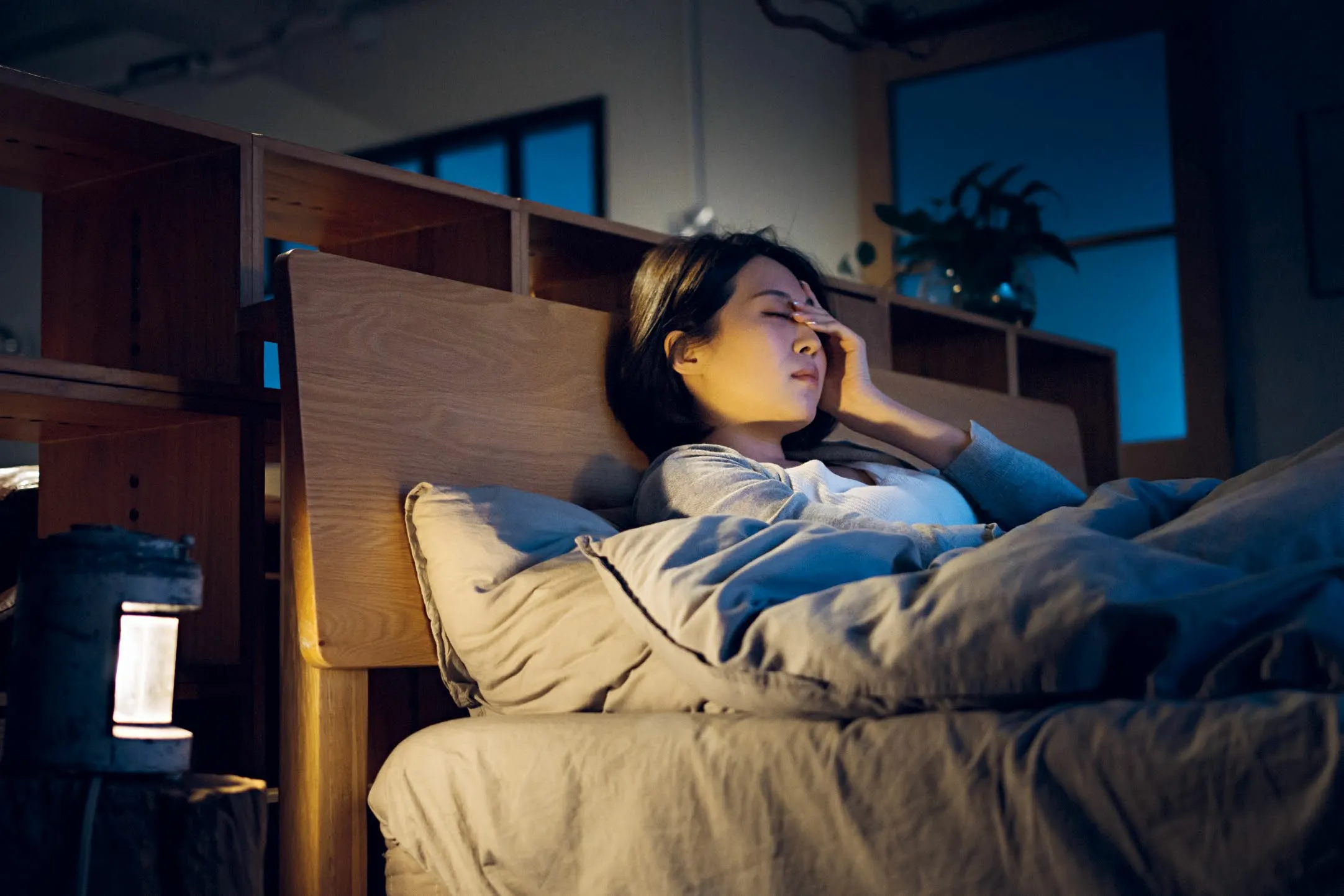
(GETTY CREATIVE)
“Coffee has truly been a lifesaver,”sighed Chen Qingfang,a 29-year-old office worker who has been troubled by lack of sleep in past months.“Recently I always feel sleepy during the day but remain wide awake until late scrolling through phone apps.”Spending long hours on the phone provided Chen relief from daily stress.Failing to get enough sleep over a long period of time,however,caused health problems such as dry skin and hair loss,which in turn heightened her anxiety.Thus Chen became stuck in a repetitive circle,and she is not alone.
Nowadays more and more people are suffering from sleep disorders or lack of sleep.
According to the China Sleep Index Report 2022 jointly compiled by the Chinese Academy of Social Sciences and the Sleep Research Institute of Sleemon,a leading Chinese mattress brand,average Chinese bedtime is over two hours later than a decade ago.The report also showed that the average Chinese person catches around 90 minutes less sleep a day than 10 years ago,with duration falling from 8.5 hours in 2012 to 7.06 hours last year,and that many new mothers,students,and working people had serious trouble sleeping well.
“The trend over the past decades indicated a significantly shortened length of sleep due to a busy daily schedule and enriched nightlife,”explained Lu Lin,member of the Chinese Academy of Sciences and president of Peking University Sixth Hospital.“Other key problems include sleep disorder caused by jet lag and poor sleep because of insomnia and obstructive sleep apnea.”
The 2021 Exercise and Sleep White Paper,released by the China Sleep Research Society in cooperation with DeRUCCI,one of the largest mattress producers in China,reported that over 300 million Chinese people now face sleeping challenges and that young people,especially Generation Z,suffer the most.Surfing the internet or overusing phones,long work or study hours,and sleep disorders such as sleeplessness are major factors responsible for sleep loss,according to the report.

Sleep-inducing spray
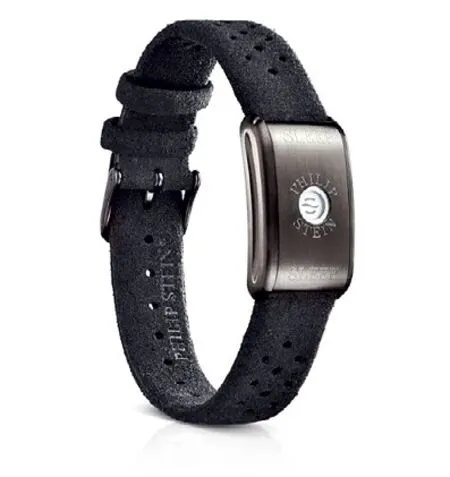
Sleep aid wristband
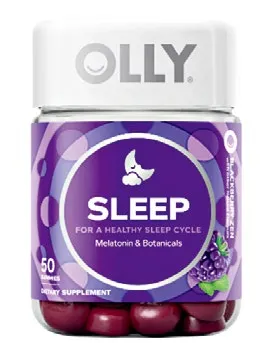
Sleep-enhancing candy

Scented candle

Sleep aid speaker
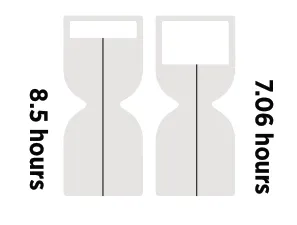
The report also showed that the average Chinese person catches around 90 minutes less sleep a day than 10 years ago,with duration falling from8.5 hoursin 2012 to7.06 hourslast year,and that many new mothers,students,and working people had serious trouble sleeping well.
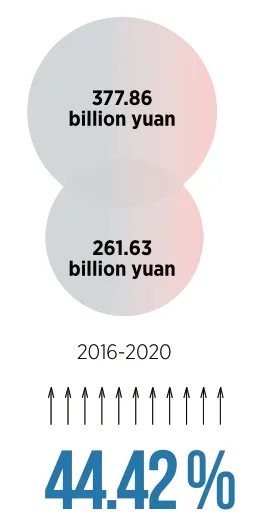
The Chinese sleep economy was collectively valued at261.63 billion yuan (US$40 billion)in 2016 and grew by44.42 percentto377.86 billion yuan(US$58 billion)in 2020.
Much-Needed Better Sleep
Extensive research has shown that an irregular bedtime schedule and sleep deprivation over a prolonged period undermine health.Perennial sleep problems can result in information processing issues in the human brain such as attention deficit and memory loss.Illnesses like endocrine dyscrasia,immune dysfunction,and some common chronic diseases are also closely related to sleep loss.
The growing group of sleep deprived individuals are increasingly seeking new solutions.Many young Chinese describe their nightlife as“staying up late for mental relaxation while using expensive health and beauty products to compensate for the physical costs.”The emerging sleep economy is a response to this growing problem and has presented companies and investors a wide range of attractive market opportunities.Now,an array of products and services are up for sale to help Chinese people cope with sleep deprivation.
秦风的数学不错,就是语文差了点,特别是阅读和作文最让他头疼了,而我刚好有能力帮助他。我先借了几本作文书给秦风看,看完一个章节,我就让他说说里面所讲的故事内容,有针对性地训练他的叙述能力,也让他大概明白,写作文要写些什么内容。他看得很认真,总结内容提要说得不错,我很为他高兴。
The sleep health industry has seen a rapid growth in China over the last few years,according to a 2021 report on China’s sleep economy released by consulting agency iiMedia Research.The report showed that the Chinese sleep economy was collectively valued at 261.63 billion yuan(US$40 billion) in 2016 and grew by 44.42 percent to 377.86 billion yuan (US$58 billion) in 2020.The industry is expected to be worth over 1 trillion yuan (US$154 billion) by 2030.
Technology-focused sleep aids are more attractive to younger buyers,but their market success depends essentially on whether such products can deliver the promised benefit.
“Most buyers of sleep aid products are still middle-aged,but the demand among younger consumers is rising,”noted Chai Zhenzhen,a researcher at the JD Research Institute for Consumption and Industrial Development.“Compared to middle-aged and elderly consumers,young people are more interested in novel sleep-inducing products like candies,wristbands,sprays,and speakers.”
Data from online healthcare service provider Ali Health indicated a 914 percent yearon-year sales growth of sleep instruments and a 40 percent growth of melatonin supplements,the two top sellers among sleep aid products on tmall.com.The number of Generation Z consumers purchasing anti-snoring devices on the e-commerce platform increased by nearly 70 percent over the previous year,and those in the third-tier cities contributed the highest growth at 120 percent.
Quite a few young people are following a bedtime routine involving four steps:eating a melatonin gummy,lighting a sleep aid scented candle,wearing a steam eye mask,and putting in earplugs.In 2021,turnover of sleep aid products such as steam eye masks,melatonin,and scented candles increased by 133 to 220 percent,according to sales figures from the JD Research Institute for Consumption and Industrial Development.
“Technology-focused sleep aids are more attractive to younger buyers,but their market success depends essentially on whether such products can deliver the promised benefit,”Chai added.
Next Wave?
Now,products and services designed to promote sound sleep are generally categorized into three groups:bedding products,medicines and health supplements,and smart devices or apps.
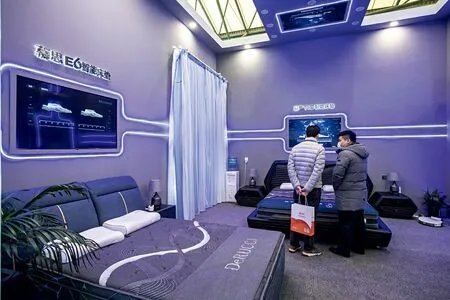
DeRUCCI products displayed at the 2020 Shanghai Smart Home Technology Exhibition in Shanghai.(IC PHOTO)
With few side effects,optimizing bedroom ambience is widely recognized by customers as an easy solution to better sleep.For example,many insomnia-plagued people buy a comfortable,smart mattress.A number of Chinese mattress manufacturers have taken the lead in tapping the potential of the sleep aids market.
Early players in the sleep-health industry have launched a wide range of innovative products and services.Users of new technology-supported smart mattresses can switch between rest,relaxation,and reading modes and thus enjoy different firmness of the mattress and change the height of the headboard and legs according to their needs.Sleep-management aids such as smartphone apps to monitor the quality of sleep are also offered to facilitate a healthier bedtime routine.Such products and services can be helpful,but experts still suggest seeing a doctor if sleeplessness is caused by pathological conditions.
Sleep-inducing medicines and supplements also provide solutions.A latecomer in the emerging industry,beverage companies such as Want Want,Wahaha,Mengniu,and Junlebao successively launched sleep aid drinks in the second half of 2019,with only limited success.Touted as“insomnia busters”but lacking any proven clinical results,the beverage products were eventually deemed a marketing gimmick.
The market response to sleep remedies like candies and essential oils has varied.After nearly a week of restless nights,25-year-old Cui Jie browsed an online pharmacy and noticed a melatonin gummy with a cute appearance,sweet taste,and bouncy texture.“At first I felt sleepy about a half hour after eating the candy,but the effect dwindled in a few days,”Cui recalled.Worrying about potential drug dependence on melatonin in the product,she stopped eating the gummies.“For a few days,I couldn’t fall asleep without the candy,”admitted Cui,adding that she eventually succeeded in quitting after a week of reducing the dosage.
Taking melatonin supplements in large doses for a long period of time can result in drug dependence and affect the natural level of the hormone in the human body,which could cause endocrine dyscrasia and other diseases,according to Guo Xiheng,director of the Sleep Center at Beijing Chaoyang Hospital.
Instead of melatonin products,doctor Sun Wei at Peking University Sixth Hospital recommended establishing healthy sleep habits.“Put down all your electronic devices half an hour before going to bed because the blue light from digital screens suppresses the body’s release of melatonin and thus exacerbates sleep problems.”
Sleep aid services also include various apps on mobile devices.In addition to monitoring sleep quality,users of such software can also enjoy hypnotic sound effects such as ocean waves,mountain streams,forests,and rain,and take customized,paid meditation courses on healthier bedtime routines.So far,how well these apps actually work remains to be determined.
Will the sleep-health industry be the next blue ocean? Consumers are not looking for gimmicks but rather products and services with proven results.Many of the various products currently on the market have debatable efficacy.Sleep aids like smart mattresses,sleep instruments,and scented candles treat primarily the symptoms,not the root cause.
As nightlife is increasingly enriched,changing the habit of staying up late is key to improving sleep quality.For many young people addicted to digital games,social platforms,and live streaming,it can be hard to sacrifice precious free time to follow a regular bedtime schedule.

